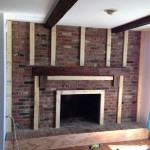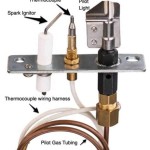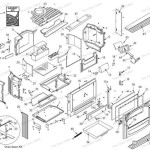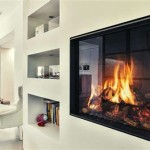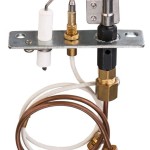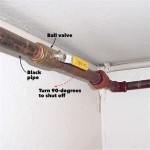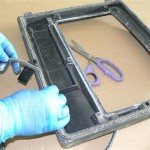RV Propane Fireplaces: A Guide to Cozy Comfort on the Road
RV propane fireplaces offer a unique blend of warmth, ambiance, and convenience, making them a popular addition to many recreational vehicles. These fireplaces provide a comforting focal point in your RV interior, transforming a simple space into a cozy retreat. While the installation and operation of RV propane fireplaces may seem complex, understanding the basics can empower you to make an informed decision and enjoy the benefits of this luxury feature.
Types of RV Propane Fireplaces
RV propane fireplaces come in various styles and configurations, each catering to different needs and preferences. Here are some of the most common types:
- Built-in Fireplaces: These fireplaces are typically integrated into the RV's design during manufacturing, providing a seamless and aesthetically pleasing solution.
- Free-standing Fireplaces: As the name suggests, these fireplaces are independent units that can be moved around within the RV, offering greater flexibility.
- Wall-mount Fireplaces: These fireplaces attach to the RV's wall, providing a space-saving option while still delivering a powerful heating effect.
Beyond their design, RV propane fireplaces also vary in their features. Some fireplaces include a remote control for easy operation, while others offer adjustable flames to customize the heat output. You can find models with built-in fans to circulate warm air throughout the RV, or even those with decorative logs to enhance the visual appeal.
Installation and Safety Considerations
Installing an RV propane fireplace requires careful planning and adherence to safety protocols. While some models can be installed by experienced DIY enthusiasts, it is generally recommended to enlist the services of a qualified RV technician. This ensures that the installation meets all safety standards and complies with RV regulations.
Here are some critical aspects to consider during installation:
- Ventilation: Adequate ventilation is crucial to prevent the buildup of carbon monoxide, a potentially deadly gas produced during combustion. The fireplace should be installed in a well-ventilated area, with proper venting to the exterior of the RV.
- Gas Lines: The propane gas line connecting the fireplace to the RV's propane system must be properly installed and securely fastened. It should be inspected by a qualified technician to ensure its integrity and prevent leaks.
- Fireplace Clearance: Maintain sufficient clearance between the fireplace and any flammable materials like curtains, furniture, or walls. This prevents accidental fires and ensures safe operation.
Maintenance and Operation of RV Propane Fireplaces
Regular maintenance is essential for the safe and efficient operation of your RV propane fireplace. This includes:
- Annual Inspection: Have a qualified RV technician inspect the fireplace annually to check the gas lines, burner, and other components for leaks and wear and tear.
- Cleaning: Clean the fireplace regularly to remove dust, debris, and soot buildup. This ensures optimal combustion and extends the fireplace's lifespan.
- Propane Supply: Maintain an adequate supply of propane in the RV's tank, ensuring sufficient fuel for the fireplace's operation. Check for leaks and ensure the propane system is in good working order.
When operating your RV propane fireplace, follow these guidelines:
- Never leave the fireplace unattended. It's essential to have someone present when the fireplace is in use to monitor its operation and address any issues.
- Keep combustible materials away from the fireplace. Ensure a safe distance between the fireplace and flammable materials like curtains, furniture, and rugs.
- Use caution when lighting the fireplace. Follow the manufacturer's instructions carefully for safe ignition and operation, avoiding potential risks.
- Monitor for unusual sounds or smells. If you notice any unusual noises, smells, or changes in the flame, shut off the fireplace immediately and contact a qualified technician for inspection.
Investing in an RV propane fireplace can enhance your travel experience, providing warmth, comfort, and ambiance on the road. By understanding the different types, installation requirements, safety considerations, and proper maintenance practices, you can enjoy the benefits of this valuable feature for years to come.

Fireplaces For Your Rv

Rv Fireplace Add Heat Ambience To Your Rvgeeks

Dickinson Newport P12000 Propane Fireplace Tinyhouses Com

Rv Life About The Propane Fireplace

Rv Fireplace Add Heat Ambience To Your Rvgeeks

Rv Fireplaces Heat Your Camper And More Rvblogger

Comparing Wood And Propane Heat Tiny Stove

Propane Fireplace In A Van By Justin Credible Tv Rv Remodel Living

Rv Fireplaces Heat Your Camper And More Rvblogger

Scout Olympic 6 5 Camper Launched By Adventurer Manufacturing

